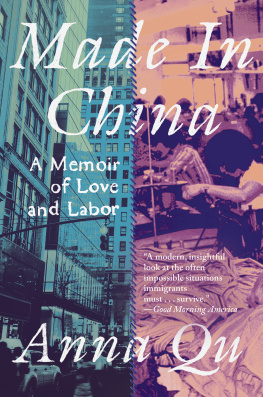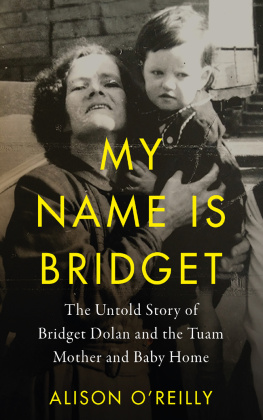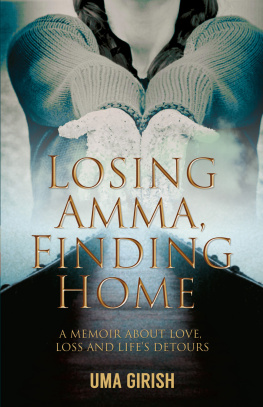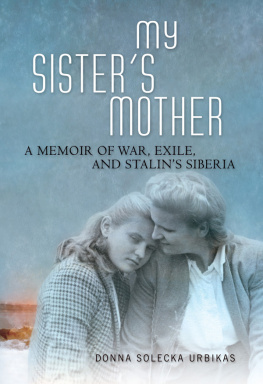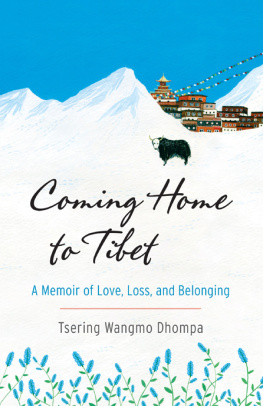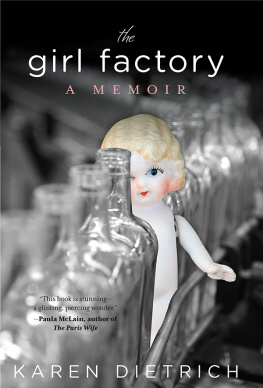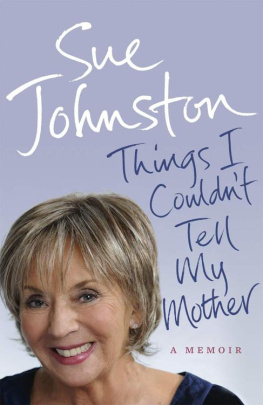Contents
Guide
Page List
Praise for Made in China
A Library Journal Title to Watch
The immigrant child longs to be understood and unload her truths, while simultaneously being tasked with preserving her parents humanity... Qu... honor[s] these complexities.
CHANEL MILLER , The New York Times Book Review
Qus debut memoir untangles the knots of her complicated, traumatic past as she learns the truth about her own history and reckons with the hopes and constraints of the immigrant experience.
Time
This candid, heartbreaking story centers on an uncommon immigrant narrative featuring a complicated mother-daughter relationship intermingled with the dark side of the pursuit of opportunity in America.
Oprah Daily
Qus indelible account of her lonesome childhood should gain her everything she lacked thenconfidants, witnesses and fanswho will cheer when she finally reconnects with a long-lost beloved.
JENNY SHANK , Star Tribune
An important story told with intelligence and heart, a study of discipline as a form of devotiondevotion to a mother, to a legacy, to our own dreams and to those of others, to being good. So much of American rhetoric is about what we are owed. This graceful memoir is about the much trickier problem of what we deserve. Which is, in the end, brightest love.
LACY CRAWFORD , author of Notes on a Silencing
Anna Qu masterfully evokes her childhood with a power and grace that speak of an experience that no one should ever have to endure. This moving and unforgettable memoir needs to be read by everyone.
NICOLE DENNIS-BENN , author of Patsy
Anna Qu has written a thoroughly engrossing and nuanced memoir about triumph over trauma and the meaning of home. Made in China brings the immigrant experience to life and makes you root for Qu. A must-read.
SOPAN DEB , author of Missed Translations
Made in China is a sympathetic, brave portrayal of the confusions, difficulties, and hurts that come with growing up between worlds. Anna Qus writing about her journey as an immigrant deftly shows how our originsof economic status, of countryhave lasting effects on the ways we approach family, work, and self. I was captivated and moved by her story.
ALEXANDRA CHANG , author of Days of Distraction
Made in China

For Nie Nie,
who taught me to love
I used to think truth was eternal, that once I knew, once I saw, it would be with me forever, a constant by which everything else could be measured. I know now that this isnt so, that most truths are inherently unretainable, that we have to work hard all our lives to remember the most basic things.
LUCY GREALY
Contents
The 7 train flooded with natural light as we emerged from underground and Long Island Citys graffitied rooftops, prewar buildings, and brick warehouses come into view. The commute from school to my parents garment factory in Queens was a twenty-five-minute bus ride, a transfer, and then another thirty-five minutes on the subway. After stepping off the packed train, I walked down a sidewalk lined with abandoned warehouses, their windows cloudy, cracked, and boarded up with pieces of plywood. Unmarked trucks and vans passed once in a while. Three long blocks from the station, a large commercial dumpster sat in front of a pair of dark-green double doors. No one went in or out, and there was no way to see inside, but I knew the place. I worked here every day after school and on the weekends. It was my latest punishment.
I used my body as leverage to pull on the metal door. Immediatelyeven before I was fully ina gust of stale air lifted the hair off my shoulders and neck, and whipped it around my face. Goose bumps ran along my arms and the back of my neck. The door slammed shut behind me with a mechanical thud, the calm outside disappeared, and the sounds of a working factory took over.
A few tall windows brought in natural light while the rest of the warehouse lay in shadow. The sewing machine section, the only area with any direct lighting, was busy with women wearing disposable masks over their mouths, and forearm coverings. The masks protected against the debris and pollutants in the air, and the oversleeves protected their arms from the heat of the lamps.
From where I stood, I could see two rows of sewing tables, each slightly larger than a school desk, illuminated by individual lamps. Lighting was key to speed and safety here. As the women leaned on the pedals at their feet, their bodies lurched forward in a soft concave, meeting the rhythm of rapid stitches at their fingers. Two shades of maroon thread turned at their spool pins. Once in a while, a hand shot out, tugged on a thread, and unspooled a spindle. I rarely saw faces, only the tops of their backs, circular spotlights exposing the whiteness of their necks.
The only memory I had of the factory before becoming a worker was on Chinese New Year, the one day of the year my parents closed shop. My mother, my half siblings, Henry and Jill, and I came early in the mornings to stuff gift bags. We formed an assembly line; I was at the head, a reluctant Henry stood next to me, followed by Jill, and then my mother. She sat licking the tip of her index finger, peeling crisp twenties and sealing them in red envelopes. It was hard to keep Henry working for more than a few minutes at a time, but Jill, a year younger than him, loved chores and tasks. She tossed a handful of red candy into each plastic bag, one eye always on our mother, seeking assurance and approval.
I remembered the warehouse feeling cavernous, cold, and quiet. Our voices carried over the entire space. The vast size made us giddy, nervous. I remembered running from the echoes that lurked in the shadows like waiting ghosts. We raced back to our mother, and back to complete our task. A running factory filled with workers was worlds apart from the deserted warehouse where we played Chinese Santa Claus. But from the number of gift bags we put together, I knew there were about fifty regular employees. There was no way to count the people in the factory now, tucked behind and around the machines, moving from one station to another. The enormity of the warehouse intimidated me still.
A long thread landed in the corner of my mouth and I wiped my face with the back of my sleeve. Industrial metal fans strategically placed around the warehouse circulated flat, hot air. The constant turbulence was meant to provide relief, but instead it annoyed and unsettled. Trash, loose thread, plastic, lint, and pieces of fabric migrated from the nearby surfaces, crevices, and floors, revolving in the air until they caught on something or someone. I looked over to the office, where my mother was most likely doing inventory, planning new projects, or handling payroll. Then I headed in the opposite direction. I passed an old, dank fridge next to a small island with an off-white microwave and a commercial-sized rice cooker that could feed all the workers. Past the kitchen was the womens restroom. A light bulb flickered on and off, and then on again. The smell of ammonia mingled with rice and leftovers hit me as I passed by.
To my left, I paused as an older Chinese man shouted urgently to a younger man, his voice drowned out by the hiss of the steam press they operated. It was a father and son. Or an uncle and nephew. I wasnt sure which, but they were close enough to my station that I was familiar with their routine. They operated a commercial steamer with an extended hose on a tall rack for garments. Steam rose out of a wide head or out of the large iron resting on the oversized board. Their station was one of the reasons the factory was always hotter and more humid than it was outside. The father manned the machine, the more dangerous job, while the son ran inventory, pulling clothing off the steamer hook or iron press, and then quickly folding and packaging them in boxes or clear garment bags on racks. Their speed and intimacy made it look easy, but they were both drenched in sweat.

